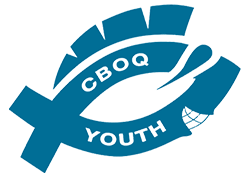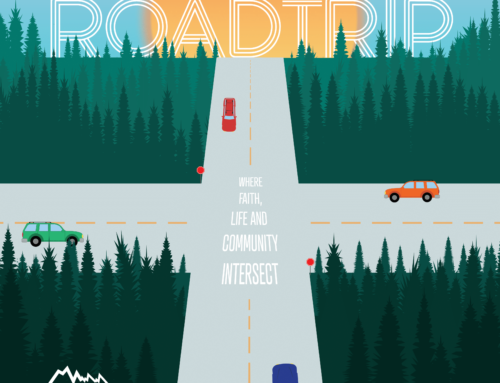Two weekends ago, we hosted our latest Blizzard retreat and with 772 guests plus 61 staff, we had Muskoka Woods busting at the seams! Even so, one of the most common responses to the weekend was, “With so many people, it ran so smoothly!” It was great.
Even great events require debriefing, however. Here are the lessons applied and lessons learned from this weekend.
LESSONS APPLIED
- Communicate any potential issues up front. There were two specific ones we addressed with group leaders ahead of time: the maximum capacity of the dining halls (and how people would need to mix with other groups) and how most of the guys would need to use the washroom buildings (i.e. no washrooms in their cabins). Giving leaders the heads-up on this allowed them to communicate expectations and how they would respond accordingly.
- Ensure everyone on staff understands the values and focus of their role. We try to instill in our staff a sense of customer service (or, a more “biblical” term could be “second mile service” as coined by Tim McCoy). We attempted to help our guests in whatever way we could. They come from a place of “Let me see what I can do about that” instead of “No, that can’t be done.” In situations where it couldn’t be their call, I would make the call (and be the bad guy, if needed). It wasn’t perfect, but that’s what they attempted to do.
- Being able to communicate among the team is key. I learned this from our attempt at Avalanche to use other communication means such as Voxer (a walkie-talkie app for smartphones). While media such as text or Voxer are useful for most circumstances, having the 2-way radios allowed us to handle emergency situations quickly and effectively. For example, when we had an ambulance arrive on Sunday near the end of session, having those radios allowed me to position people quickly, and to give them time-sensitive information. As a result, those people responded well in guiding our guests while keeping the roadways clear when needed.
LESSONS LEARNED
- Start communications even earlier. We will aim to streamline information more consistently and earlier in the process so leaders can distill that information as they need to, without us bottlenecking the process. Having as much information stored on Dropbox allows that folder to be a “one stop shop” for all Blizzard information.
- Gather as much information from them as possible. For example, asking ahead of time what kind of transportation are they planning to take, allows us to better prepare our traffic control response when they arrive.
- Utilize the checklists. We created a series of checklists through a project management system. The system is helpful to help contain all the various tasks and details needed to execute Blizzard. However, if we don’t use the information effectively, then it doesn’t really help. We’ll aim to not just gather the information, but ensure we’re completing what we aimed to accomplish.
By most accounts, this was considered a successful Blizzard. We’ve applied lessons we discovered from the past, but continue to find ways to be even better next year, not for the sake of perfection, but to remove as many distractions/obstacles as we can so students can connect with Jesus, perhaps in ways they’ve never anticipated before.
What other lessons would you add?




Leave A Comment